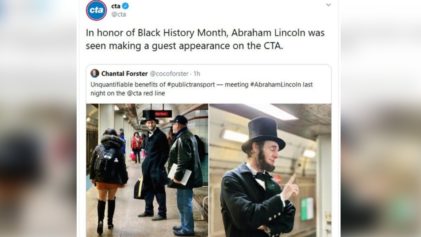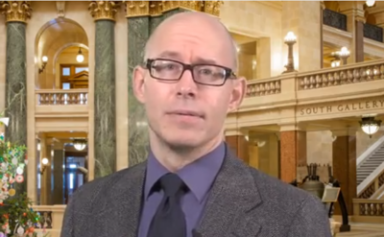A top Bahamas official praised the Black Press last week as essential to truthfully and creditably chronicling African-American progress from one generation to the next.
Philip E. Davis, Deputy Prime Minister and Minister of Works and Urban Development, commended the National Newspaper Publishers Association (NNPA) for 75 years of excellence.
“It goes without saying that your relevance, with time, is all the more important as the stories of struggle and sacrifice are passed on to each generation of Blacks,” he said in a speech at the NNPA mid-winter convention here. “This is essential so that our youth and future generations understand and appreciate the price of what they enjoy today.”
NNPA publishers were also greeted by Minister of Tourism Obediah H. Wilchcombe. A former journalist, Wilchcombe pledged to advertise in NNPA newspapers to help attract tourists, especially African-Americans, to the Bahamas.
In his speech, Davis said, “No one has the authority to tell your story like you can so as to aptly illustrate in the words of an old African proverb: ‘Until the lions have their own historians, tales of the hunt shall always glorify the hunters.’”
Davis urged publishers to continue providing robust coverage of their communities while embracing the technology favored by young people.
“As you move to celebrate Black History Month beginning early next week, I encourage you to continue as responsible generational leaders, being the critical voice that gives the perspective that others are simply not equipped to give,” he said. “I also entreat you to embrace the technology of youth. Arming yourselves in this way will allow you to exponentially contribute to nurturing hearts and enlightening minds throughout the world.”
Davis drew a direct link between the Civil Rights Movement of the 1960s and recent unrest across the nation when unarmed African-Americans were killed by police officers who were never prosecuted.
“Today, history screams as loudly in Ferguson [Mo.] as it did in Mississippi during the 1960s,” he said. “We must, though, be careful that the ideologies which led our bonded and disenfranchised forebears to unrest and uprising are not used to rationalize the actions of those who resist the necessary casings of law and order.”
Read more at Forward Times Online



